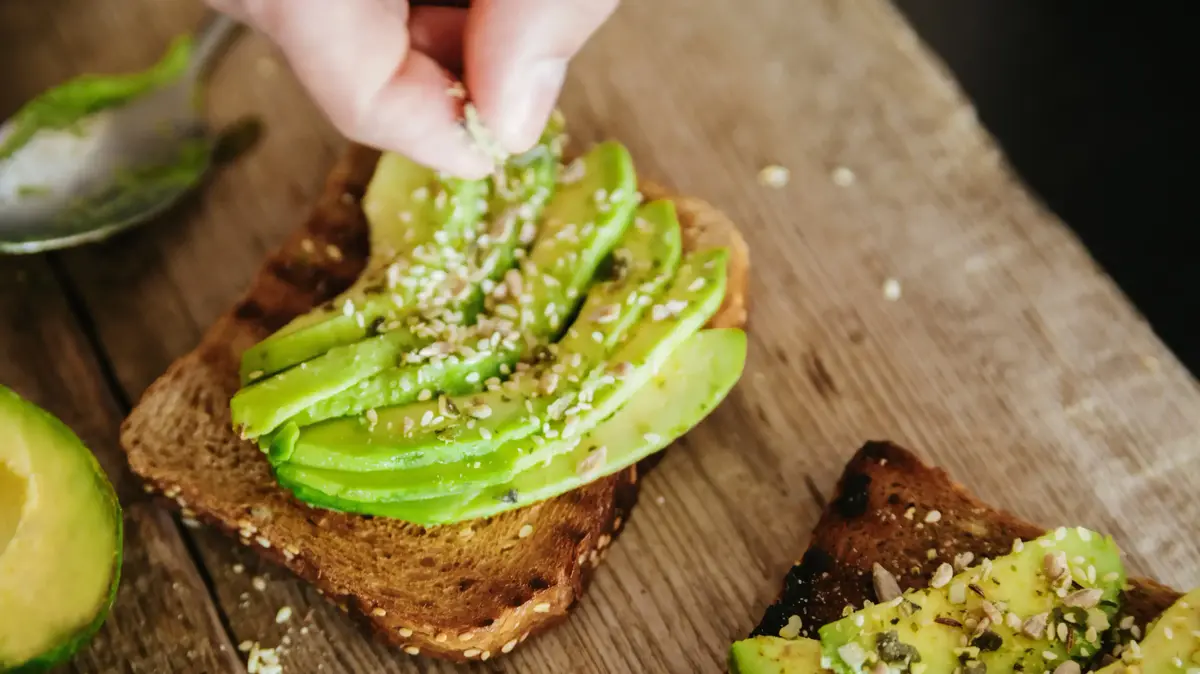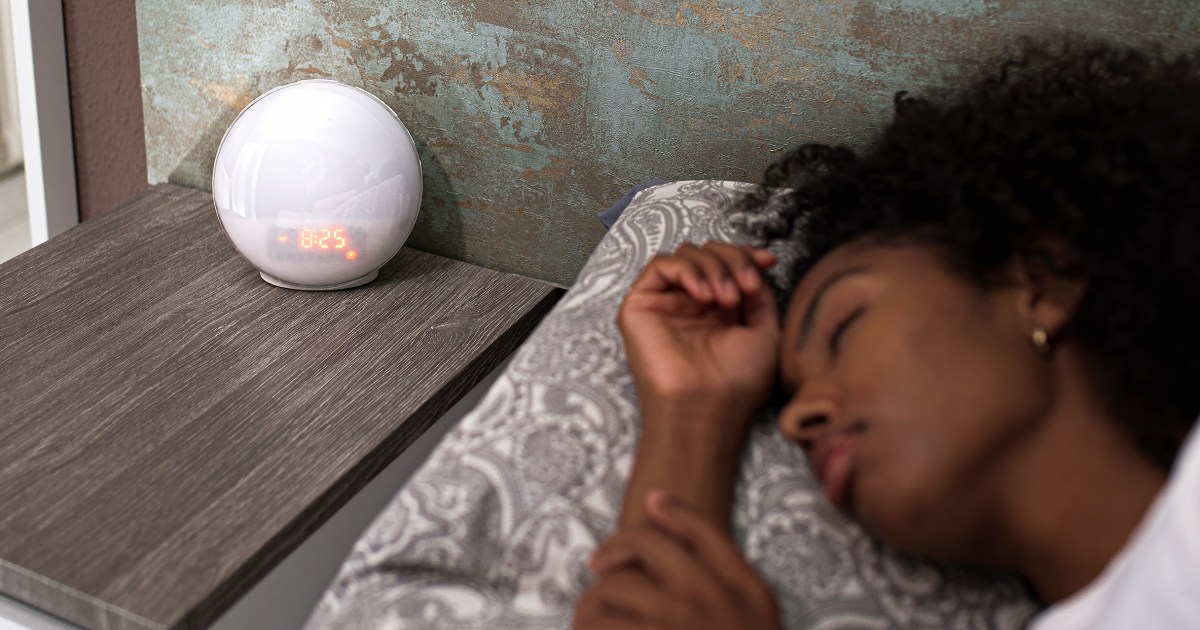Waking up late could be linked to depression 1:01
(CNN) --
If you prefer to go to bed and wake up later, a sleep chronotype known as night owl, you may have a higher risk of type 2 diabetes and heart disease, according to a new study.
In the study, night owls, or night owls, were more sedentary, had lower aerobic capacity, and burned less fat at rest and while active than early risers.
Night owls were also more likely to be insulin resistant, meaning their muscles required more insulin to get the energy they needed, according to the study published Monday in the academic journal Experimental Physiology.
"Insulin tells the muscles to be a sponge and absorb glucose from the blood," said study lead author Steven Malin, an associate professor in the department of kinesiology and health at Rutgers University in New Jersey.
"Think of it like water from a tap: you turn on the water and a drop hits the sponge and is immediately absorbed," Malin said.
"But if you don't exercise, if you don't engage your muscles, it's like that sponge stays dry for a couple of days and gets rock hard. A drop of water isn't going to make it soft again." .
If sleep timing affects how our bodies use insulin and impact metabolism, being a night owl could be helpful in predicting a person's risk for heart disease and type 2 diabetes, Malin added.
"The study adds to what we know," said Dr. Phyllis Zee, director of the Center for Sleep and Circadian Medicine at Northwestern University Feinberg School of Medicine in Chicago, who was not involved in the research.
advertising
"There is strong evidence that late sleep has been linked to an increased risk of metabolic and cardiovascular disease," said Zee, who is also a professor of neurology.
"Several mechanisms have been proposed: sleep loss, circadian imbalance, eating later in the day, and being exposed to less morning light and more night light, which have all been shown to affect insulin sensitivity."
All human beings have a circadian rhythm, a 24-hour internal body clock that regulates the release of the hormone melatonin to promote sleep and stops its production so that we wake up.
Our body clock also directs when we are hungry, when we feel most lethargic, and when we feel energetic enough to exercise, among many other bodily functions.
Body clock and chronotype
According to the study, being a night owl can result in a lower level of activity during the day.
Credit: PR Image Factory/Adobe Stock
Traditionally, dawn and dusk regulated the human sleep-wake cycle.
Daylight enters the eyes, travels to the brain and triggers a signal that suppresses melatonin production.
When the sun goes down, the body clock turns melatonin production back on, and a few hours later, sleep sets in.
Your personal sleep chronotype, believed to be inherited, can disrupt that natural rhythm.
If you're a natural early riser, your circadian rhythm releases melatonin much earlier than normal, giving you the energy to be more active in the morning.
However, in night owls, the body's internal clock secretes melatonin much later, causing mornings to slow down and peak activity and alertness to occur later in the afternoon and evening.
Are you an owl or a lark?
One of these options could protect you from depression, according to a study
According to experts, sleep timing can have profound effects on productivity, school performance, social functioning, and lifestyle habits.
Early risers tend to do better in school and are more active throughout the day, which may partly explain why studies have found they have a lower risk of cardiovascular disease, Malin says.
Night owls may take more risks, consume more tobacco, alcohol and caffeine, and are more likely to skip breakfast and eat later.
In addition, research suggests that "later chronotypes have more body fat located more in the stomach or abdominal region, an area that many health professionals believe is worse for our health," Malin said.
The researchers classified 51 adults without heart disease or diabetes into morning or evening chronotypes, based on their natural sleep-wake preferences.
During the study, participants followed a controlled diet and fasted overnight while their activity levels were monitored for a week.
Fat or carbohydrates?
The research team determined each person's body mass, body composition and physical fitness, and measured levels of insulin sensitivity.
In addition, the researchers looked at how each person's metabolism got most of its energy, either from fat or carbohydrates.
"Fat metabolism is important because we think if you can burn fat for energy, that's going to help muscle take up glucose longer," Malin said.
Burning fat can promote endurance and increased physical and mental activity throughout the day.
Carbohydrates, on the other hand, are what the body uses for intense physical activity.
Carbohydrates burn faster, which is why many athletes load up on carbohydrates before a race or marathon.
The test results showed that the early risers used more fat as an energy source both at rest and during exercise than the night owls in the study, who used more carbohydrates as a fuel source.
Just a 2-minute walk can help lower blood sugar, study finds
According to Malin, more research is needed to confirm the results and determine whether the metabolic differences are due to chronotype or a possible mismatch between the natural preference of night owls and the need to wake up early due to society's established schedules for work and the school.
People who are continually out of sync with their innate body clock are said to have "social jet lag."
"This goes beyond diabetes or heart disease," says Malin.
"It can point to a larger social problem. How are we helping people who may be out of step? Are we, as a society, forcing people to behave in a way that could put them in danger?
Chronic diseasesSleep patterns













